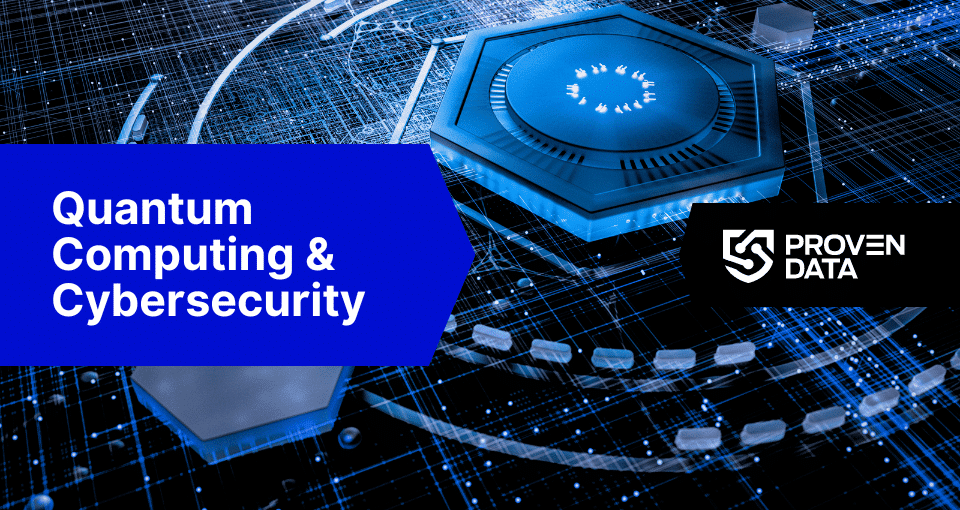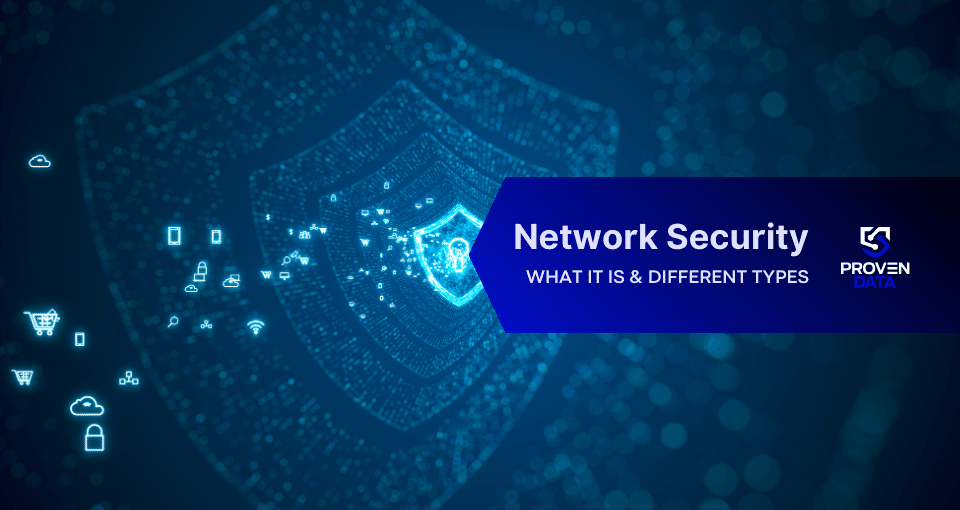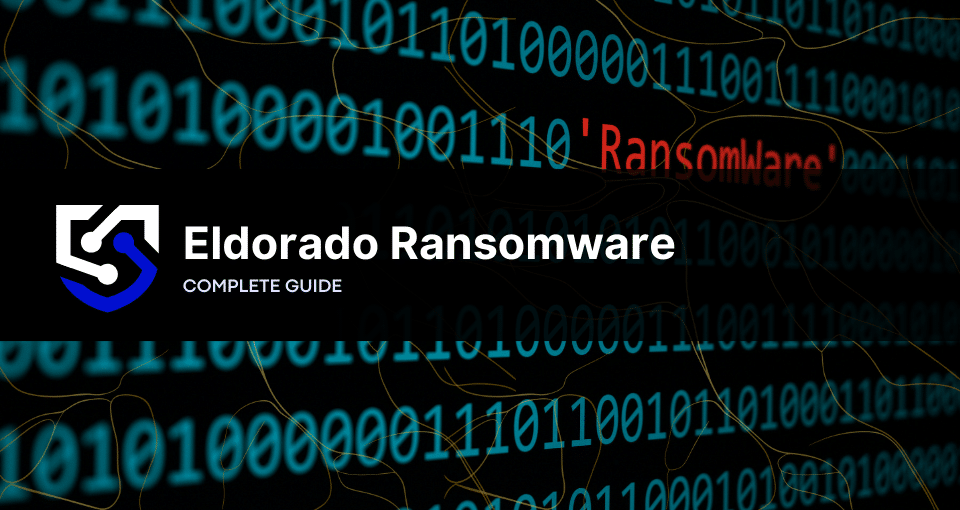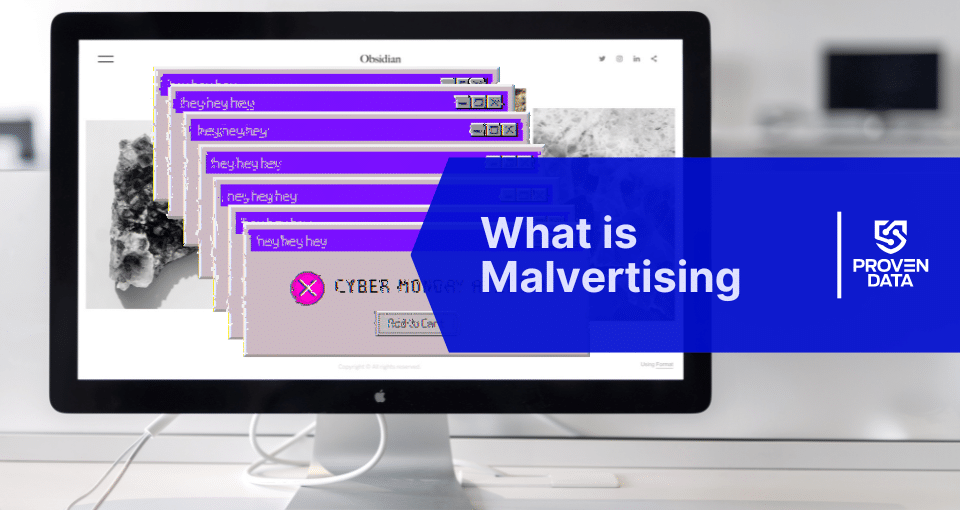Quantum computing is not just the future of technology, but a current innovation, promising computational capabilities that transcend the limits of classical computing.
This article explores the fascinating world of quantum computing, exploring its fundamental principles, applications, and the groundbreaking advancements it brings to the forefront of digital security.
As we unravel the potential quantum holds for revolutionizing various industries, we also confront the emerging threats it poses to cybersecurity and the innovative strategies being developed to safeguard our digital future.
What is quantum computing
Quantum computing is a field of computing that uses quantum-mechanical phenomena to perform operations on data.
In classical computing, the basic unit of information is the bit, which can be either 0 or 1. In quantum computing, the basic unit of information is the qubit.
Unlike classical bits, qubits can exist in a superposition of their two “basis” states, meaning they can be in both states simultaneously. This property allows quantum computers to perform certain calculations exponentially faster than classical computers.
In simpler terms, quantum computing is like having a computer that can do many things at once, which makes it much faster than a regular computer. It has the potential to solve problems that are intractable for classical computers, such as simulating complex chemical reactions and optimizing complex systems.
Examples of quantum computing applicability:
- Optimizing traffic flow: Volkswagen utilized a quantum computer in Beijing, reducing travel time by 20%.
- Drug discovery: IBM simulated beryllium hydride behavior, aligning with lab results and showcasing quantum computers’ acceleration in drug discovery.
- Portfolio optimization: D-Wave Systems optimized a stock portfolio using quantum algorithms that outperformed classical methods.
Quantum computing represents a paradigm shift, leveraging superposition and entanglement to usher in unprecedented computational capabilities, with applications ranging from optimization challenges to breakthroughs in drug discovery.
What are the Quantum computing threats to cybersecurity
The unique properties of quantum computing, such as its ability to break certain encryption methods, introduce vulnerabilities that could be exploited by malicious actors.
To address these cyber threats, it becomes imperative for the cybersecurity community to stay ahead of the curve, developing quantum-resistant cryptographic standards, secure quantum communication protocols, and robust defenses against quantum-specific cyber threats.
Breaking encryption standards
Quantum computers can break widely used encryption standards, particularly those relying on the difficulty of factoring large numbers.
For instance, the RSA algorithm, a cornerstone of cybersecurity, could be rendered vulnerable. This poses a significant threat to the confidentiality of sensitive information, including financial transactions and secure communications.
Eavesdropping with quantum capabilities
Quantum entanglement, a phenomenon allowing correlated states between qubits, can be exploited for eavesdropping on quantum communications.
While quantum key distribution (QKD) is designed to secure communication channels, malicious entities might explore weaknesses in the implementation or attempt to intercept quantum keys.
Quantum-specific malware
The development of malware specifically designed to exploit vulnerabilities in quantum systems is a potential threat. Quantum-specific malware could target weaknesses in quantum algorithms, compromise qubits, or disrupt the intricacy of quantum computations, leading to data manipulation or system malfunctions.
Disruption of quantum operations
Quantum computers are highly sensitive to external interference. Malicious actors could attempt to disrupt quantum operations by introducing noise, manipulating qubits, or launching denial-of-service attacks targeting the infrastructure supporting quantum computing. This could result in errors, rendering quantum computations unreliable.
Manipulation of quantum machine learning
The quantum machine learning is an emerging field that has the potential to become a target for cyber threats.
Quantum algorithms play a role in machine learning advancements in manipulating the training data. That can lead to biased or compromised machine learning models, impacting decision-making processes in various sectors.
What are quantum computing contributions to cybersecurity
Quantum tech is advancing, combining quantum-secure communication and improved threat detection to strengthen digital security. Organizations adopting these quantum innovations in cybersecurity are better prepared for evolving threats, safeguarding data integrity and confidentiality against cyber adversaries.
Quantum-secure communications
In the realm of cybersecurity, Quantum Key Distribution (QKD) emerges as a groundbreaking technology for establishing ultra-secure communication channels.
QKD leverages the principles of quantum mechanics to ensure the confidentiality of transmitted data. The unique properties of quantum particles, such as superposition and entanglement, enable QKD to provide an unprecedented level of security against eavesdropping.
It has immense potential in various applications requiring secure data transmission. Industries dealing with sensitive information, such as finance, government, and healthcare, stand to benefit significantly from the enhanced security offered by quantum-secure communications.
The ability of QKD to detect any interception of transmitted keys ensures that communication remains private, making it a robust solution for safeguarding classified or confidential data.
Enhanced threat detection
Traditional cyber threat detection often faces challenges in handling the complexity and volume of data generated. Quantum computing addresses this limitation by employing parallel processing through superposition. This enables quantum algorithms to analyze diverse threat scenarios concurrently, providing quicker insights into potential cyber threats.
The technology’s accomplishment in handling complex algorithms exponentially enhances the efficiency of threat identification.
Machine learning algorithms, empowered by quantum capabilities, can discern patterns and anomalies in real-time, leading to faster response times and improved cybersecurity postures. The quantum advantage in processing large datasets positions it as a game-changer in the ongoing battle against evolving cyber threats.
Looking to improve your cybersecurity? Proven Data offers several solutions to your businesses to improve their data security and ensure. Contact our cybersecurity team at any moment and safeguard your business’s sensitive and critical data.







